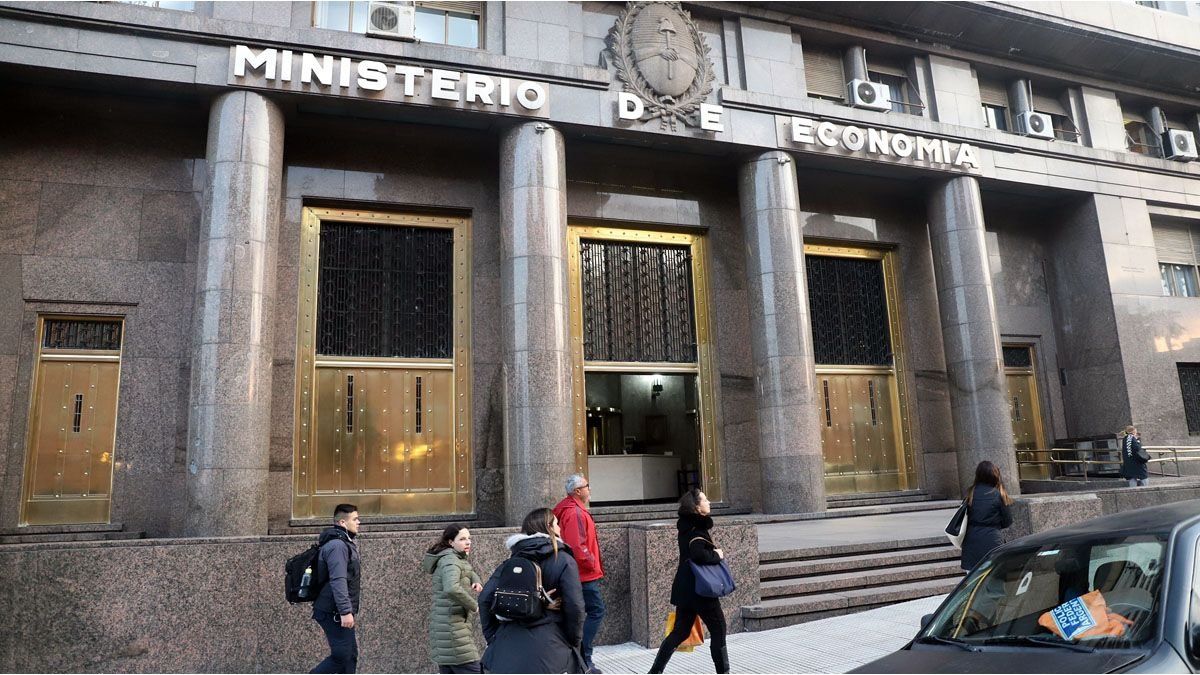The measure, which had been anticipated by presidential spokesperson Manuel Adorni on Tuesday, was confirmed by the Decree 985/2024 published in the Official Gazette, with the signature of the president, Javier Milei, the chief of staff, Guillermo Francos, and the minister of Economy, Luis Caputo.
The dissolution responds to a series of inconsistencies reflected in an audit report carried out by SIGENwithin the framework of the general analysis of the management of trust funds, implemented by Milei at the beginning of March.
In the aforementioned report, it was warned “weaknesses in the processes of rendering accounts or recording administrative, accounting and/or financial information, absence of monitoring and control, as well as weaknesses in the registration and systematization processes of information on the administration and management of the trust fund and delays in the audit processes of the financial statements,” according to the official text.
The closure of another trust fund falls within Article 5 of Law No. 27,742 and Decree No. 695/24, which allow the Government to modify, transform, unify, dissolve or liquidate public trust funds.
What is the Trust Fund that the Government closed and the reasons
He Share Capital Trust Fund It had been created in 1997 with the objective of “facilitating the development of the microenterprise sector with fewer resources at the national level, with special attention to the particularities of each region.”
In this sense, a public limited company managing said fund, called FONCAP, had been established, which offered financing to Microfinance institutions; microcredits through institutions to promote or start projects; training and financial education throughout the national territory; innovation for the microfinance sector; and inclusive insurance to provide protection and coverage to entrepreneurs.
Now, the FFCS must carry out the liquidation and deliver the money and assets that make up the State, which is its only beneficiary, after the treatment of the Permanent Bicameral Commission of the National Congress.
By announcing the government’s decision to eliminate the aforementioned fund, Adorni assured that the State will save close to 100 million pesos per month, pointing out that “the objectives were not met and the Fund was subject to terrible administration.”
Embed
Foncap is finished and several more will be finished in the coming days. Enough of funds and trusts, whose creation was always motivated by using them as political funds.
— totocaputo (@LuisCaputoAR) November 6, 2024
Likewise, he explained that “among the findings of the audit carried out by SIGEN, a “oversized administration, which granted credits on a discretionary basis, and executed expenses in excess of what was necessary”specifying that “74% of its total expenses corresponded to salaries and social security contributions, with 20 million pesos allocated to offices, and 80 million per month assigned to its 26 employees, who in the last year granted only 20 credits” .
In the same direction, he revealed that “there was no scheme to promote the financing of SMEs, nor mechanisms to verify the levels of expected compliance and there were no management reports, among other irregularities” and maintained that “Nor was the capital of the fund taken care of, which was not even enough to cover administrative expenses.”
In this regard, the official contributed that “when this Fund was created, the initial capital was 40 million dollars, today barely 8% of that capital remains” and he considered that “The State involved in the middle does not make small, medium, or micro-enterprises develop.so the best thing is for the State to get rid of these Funds that make no sense, that make the taxpayer lose money uselessly and that have no beneficiary.”
Source: Ambito




